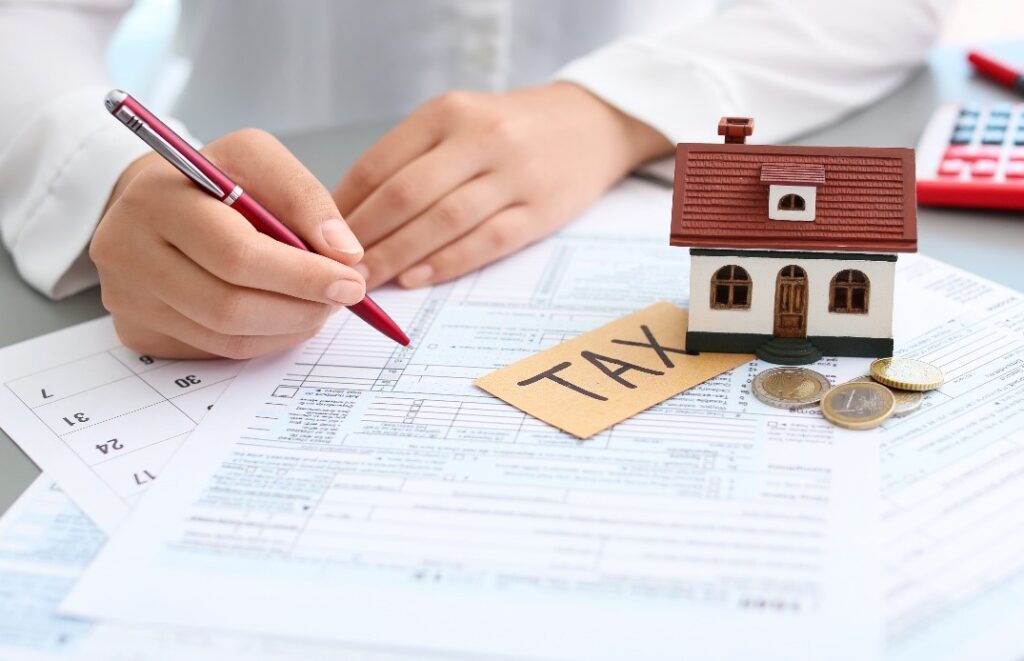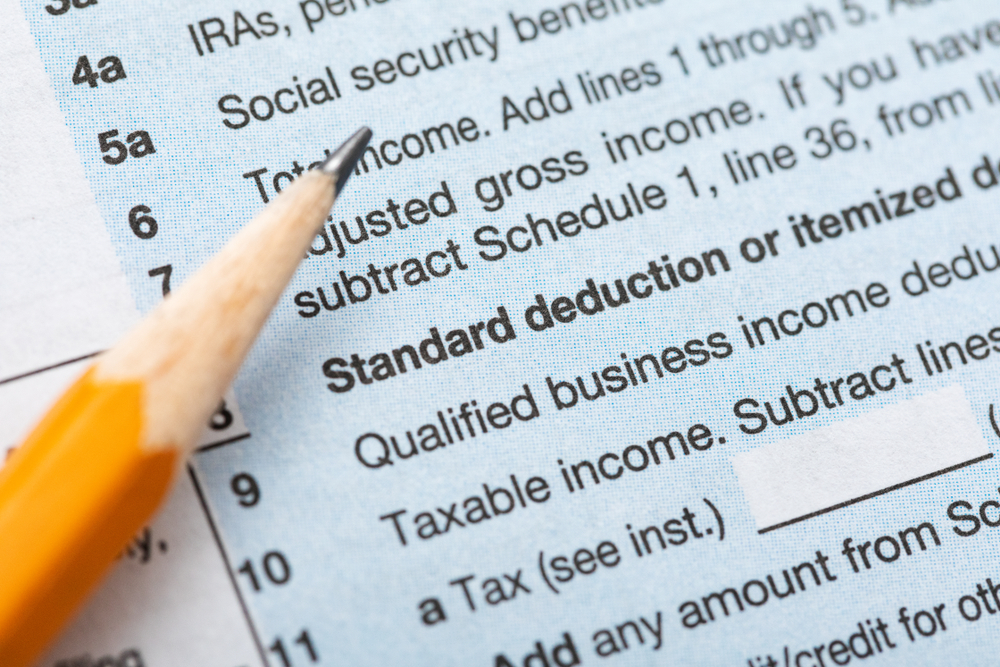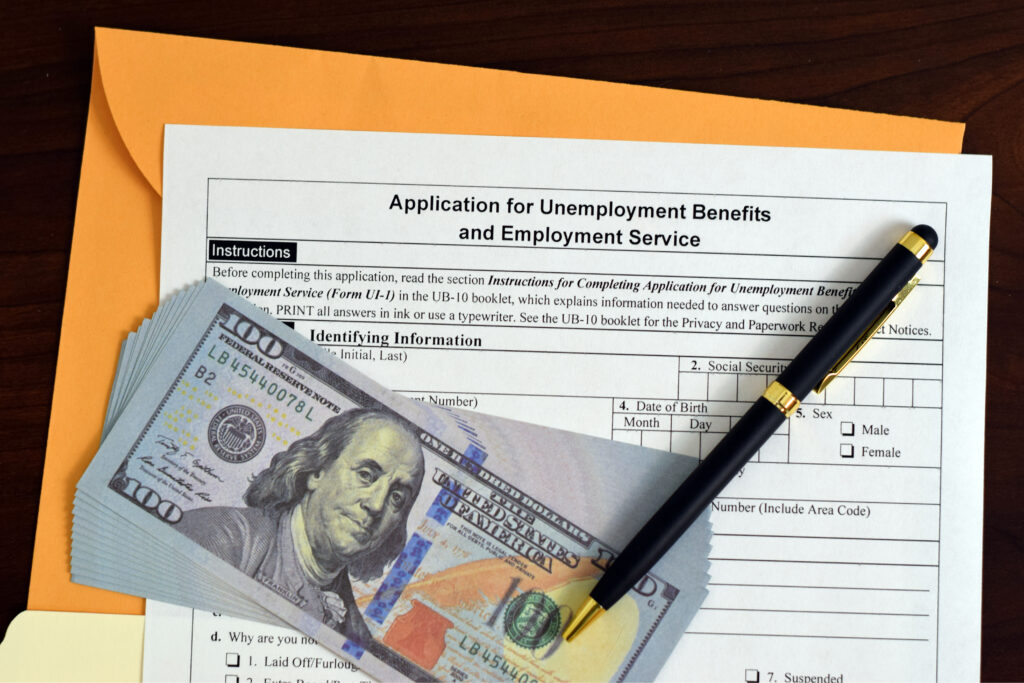Understanding your salary may seem like a daunting task, but it’s actually quite straightforward once you grasp the disparity between gross income before and after taxes. When we talk about your salary as CTC (Cost to Company), we refer to it as gross pay, whereas the amount you actually receive in your account every month is termed as net pay. But what exactly is the disparity between gross income before or after taxes? In this month’s blog, we will shed light on this crucial financial concept.

Gross Income Before or After Taxes: What’s the Difference?
Gross income before taxes refers to the total amount of money you earn before any deductions such as income tax, Social Security, or Medicare. It’s essentially the full amount agreed upon in your employment contract, also known as your gross pay or CTC.
On the other hand, gross income after taxes is the amount you receive after deductions for federal, state, and local taxes, as well as other deductions like retirement contributions and health insurance premiums. This is commonly referred to as your net pay.
Calculating Gross Income Before or After Taxes
To calculate your gross income before taxes, simply add up all sources of income, including your salary, bonuses, commissions, and any other forms of compensation. This total represents your gross pay.
Calculating gross income after taxes involves a bit more complexity. You start with your gross income before taxes and then deduct federal income tax, state income tax (if applicable), Social Security tax, Medicare tax, and any other deductions required by law or chosen by you. The resulting amount is your net pay, which is what you actually take home.
Related: Learn more about why it’s important to hire a tax expert here.

Gross Income for Freelancers And Self-Employed Individuals
Unlike employees who have a clear-cut figure in their employment contract, determining gross salary for freelancers and self-employed individuals can be more variable. It encompasses not only the fees they charge for their services but also factors such as business expenses, overhead costs, and fluctuations in income.
Also, it’s crucial to acknowledge that only income received within the tax year is factored into the gross income calculation. Therefore, any outstanding payments owed by clients or customers to the business are not factored into the gross income for that particular tax year until they are received.
Related: Learn more about bookkeeping for freelancers and self-employed individuals here.
Let MARIELA RUIZ, CPA, PLLC Help You!
Understanding gross income before and after taxes requires expertise and precision, especially for freelancers and self-employed individuals. MARIELA RUIZ, CPA, PLLC is here to calculate your gross income, manage your tax obligations, and handle your overall financial strategy. Visit our website at mruiz-cpa.com or call us at (956) 997-0067 to schedule a consultation and optimize your financial management today.




















